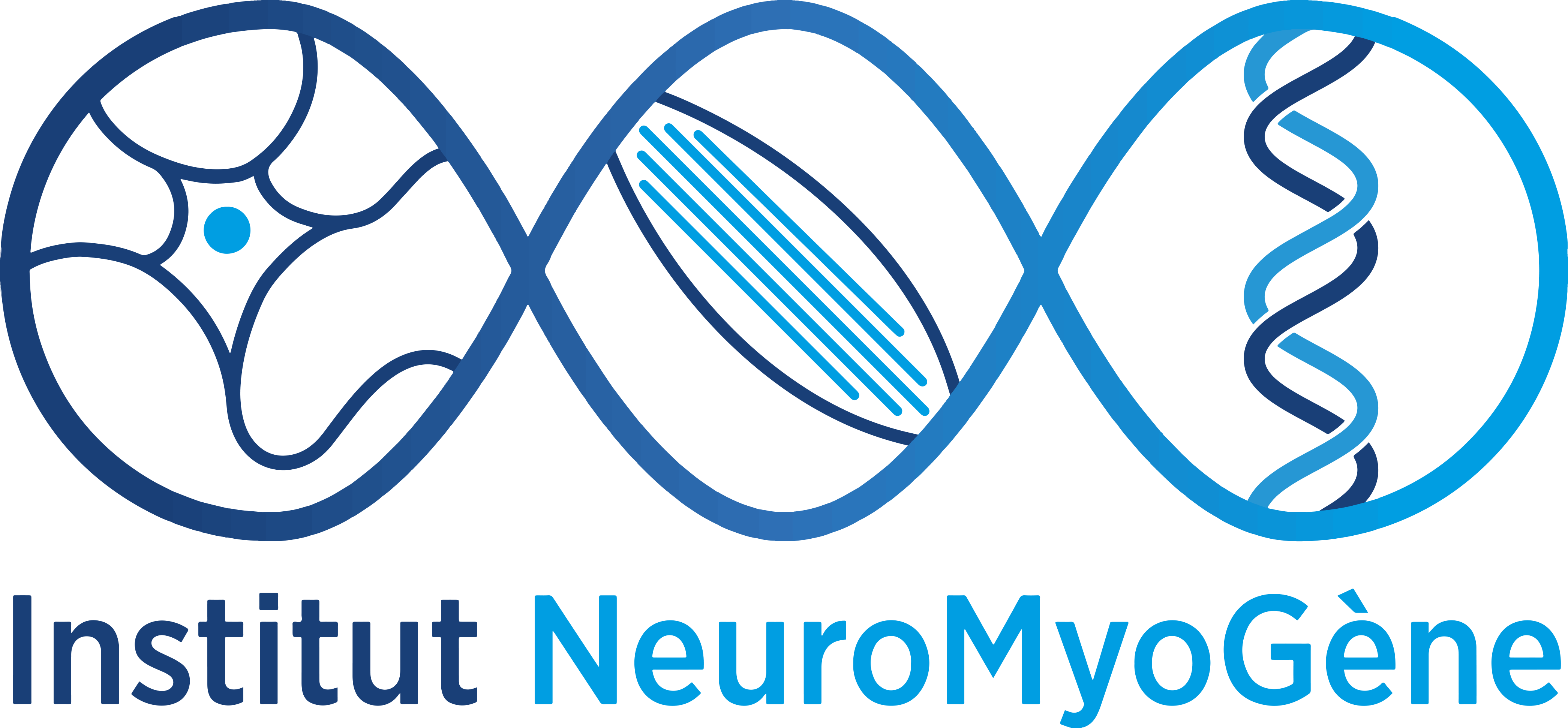Biosketch. Nicolas Aznar is a young researcher in cancer biology at CNRS and a group leader at the Cancer Research Center of Lyon, CRCL (France). Dr. Aznar received his PhD degree in Molecular, Cellular Biology and Cancer from the University of Lyon. He completed his first postdoctoral training in Cell Signaling and Cancer at the University of California San Diego, Department of Medicine where he elucidated a long-standing question in the field of signal transduction on the molecular mechanisms by which interplay Wnt/Frizzled (FRZD), growth factor receptor-tyrosine kinases (RTKs) and heterotrimeric G-proteins, three major signaling hubs in eukaryotes. Then he joined the Cancer Research Center of Lyon in 2017 for his second postdoc to study cancer cell plasticity when he secured a permanent research position in 2019. The major focus today of Nicolas’ group is studying the impact of the microenvironment on stem cells and cancer stem cells fate and determination with a relevance on therapy resistance in colorectal cancer.
Overarching challenge. Stem cells (SCs) and their direct derived organoids offer promising perspectives in regenerative medicine as a source of healthy cells in order to replace their impaired counterparts within a given tissue. Furthermore, cancer-derived organoid culture offers promising perspectives in disease modeling and cancer stem cells (CSCs) studies known to drive tumor initiation, metastatic dissemination, drug resistance, and patients’ relapse. Indeed, high SC signature scores statistically associate with a high risk of tumor relapse in colorectal cancer patients. Therefore, the characterization of mechanisms maintaining stem cell phenotypes is crucial for understanding the SC biology in normal and cancerous tissues and for developing new therapeutic approaches to target them. Because of tremendous amount of publicly available protocols, isolating SCs doesn’t constitute a critical step anymore. Nonetheless, due to their sensitivity to microenvironmental changes, cultivating SCs in 3D to generate organoids still remains challenging and researchers face technical issues to standardize and maintain stemness phenotype to generate robust data. To overcome these obstacles, standard SC culture conditions need to be further improved to maintain their culture in long term concomitant with durable genetic and phenotypic stabilities. In order to perform in vitro SC studies more efficiently, we have developed a unique and innovative 3D cell culture device (patent pending) improving drastically the intestinal SCs culture quality and allowing the characterization of the gene landscape and regulatory signaling pathways. These fine-tuned culture conditions led us to successfully generate long term “high quality” intestine/colon and lung mouse organoids from normal tissue with limited cell drift and enriched in SC population. Leaning on this technology, we take advantage of our “savoir faire” today to step up the organoid technology by cultivating high quality patient-derived organoids (from normal and tumoral tissues) to predict drug response and sensitivity to chemotherapy.

